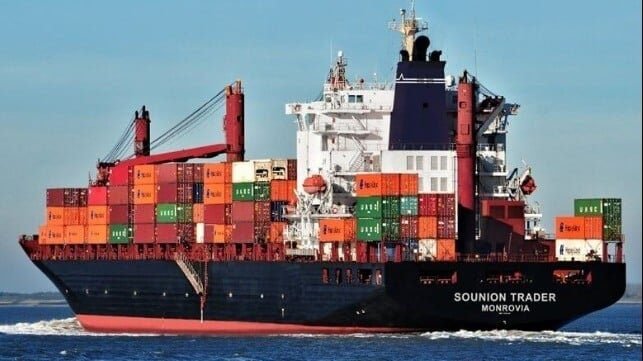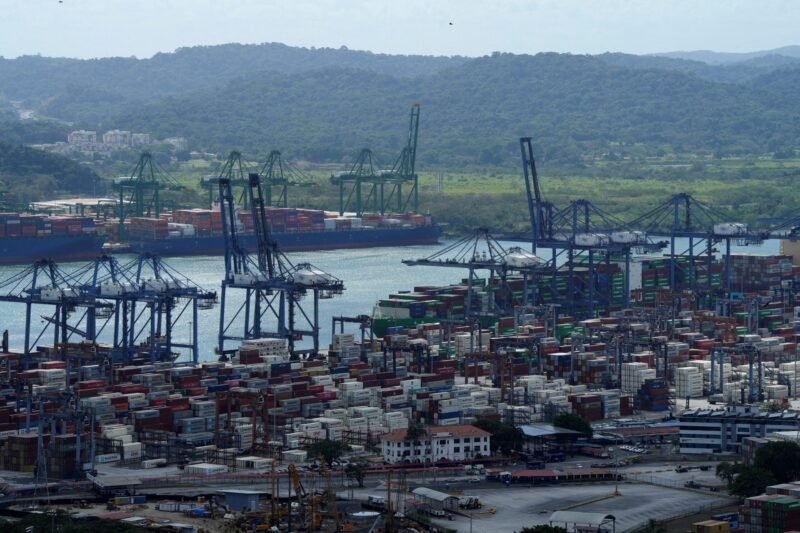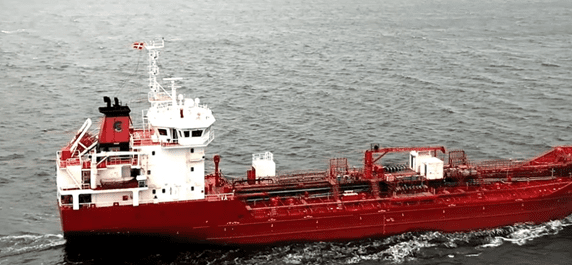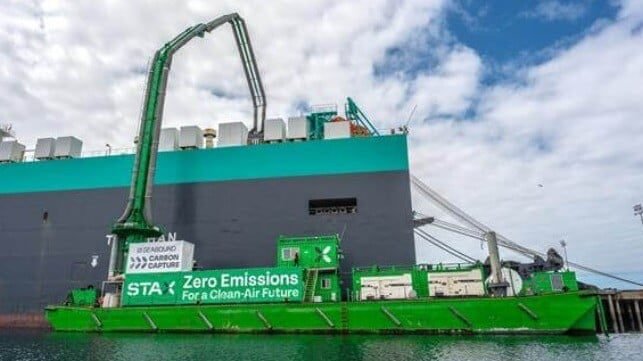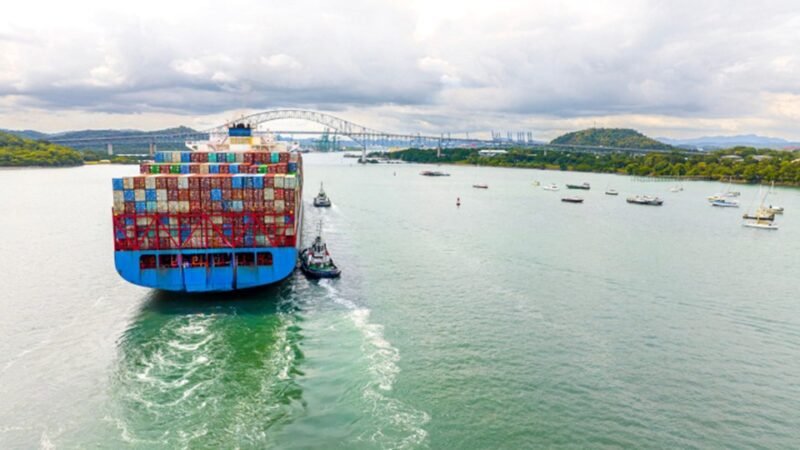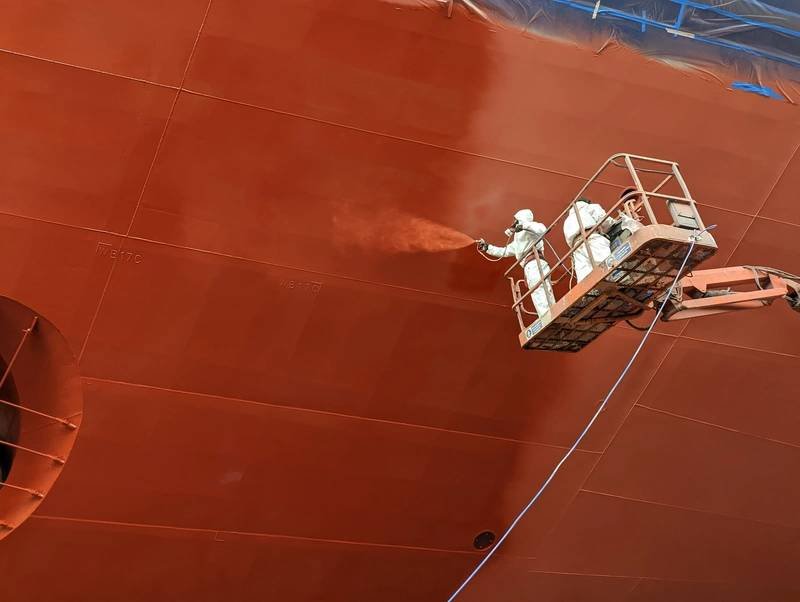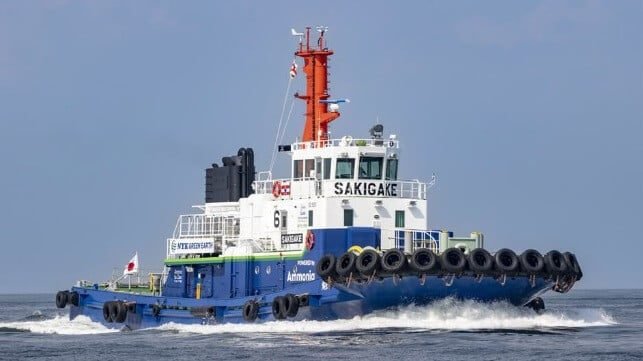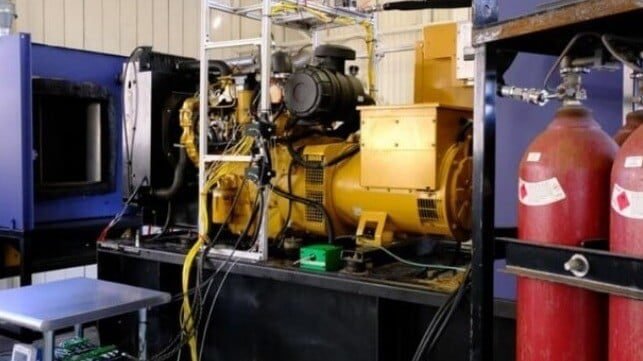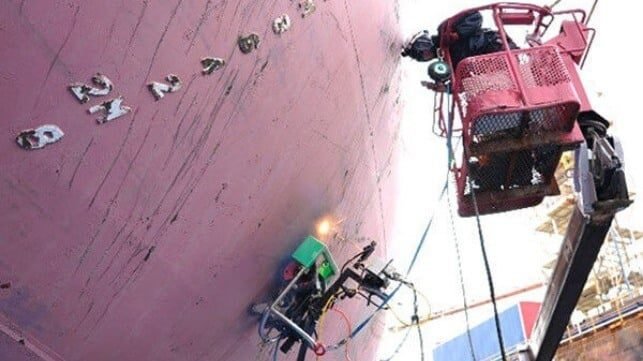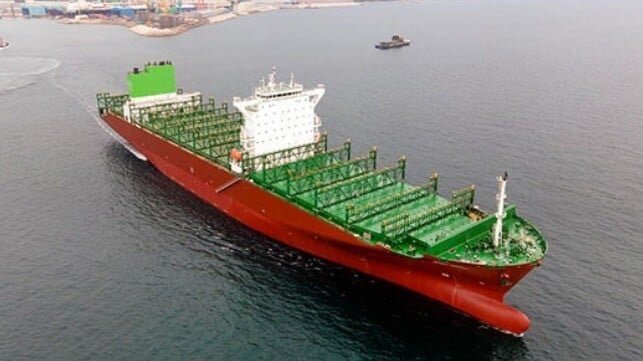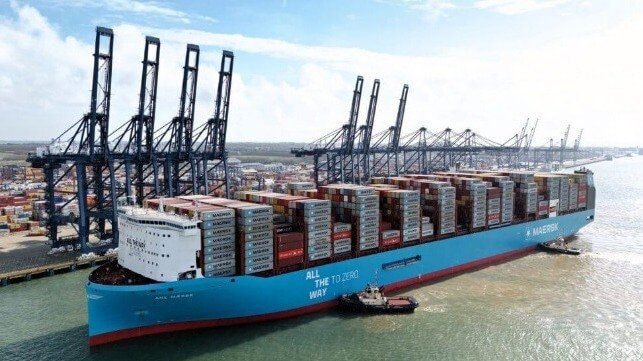UK-based climate tech start-up Seabound has completed a successful sea trial of its shipboard carbon capture technology, marking a significant step towards commercializing an effective method of reducing emissions on vessels. The trial, which began last September, was supported by global shipping companies including Lomar Shipping, Hapag-Lloyd, and Columbia Shipmanagement, as well as the UK Government. The onboard carbon capture system (OCCS) was tested on a 3,200 TEU vessel, the Sounion Trader, and achieved an 80 percent efficiency in capturing CO2 and a 90 percent efficiency in capturing sulfur dioxide.
Seabound’s compact carbon capture device, which fits inside a container and can be easily retrofitted into a ship’s engine exhaust at the funnel, chemically reacts with pebbles of quicklime to convert CO2 into limestone, locking it in. Following the successful pilot project, the company plans to design a full-scale onboard carbon capture device that will capture 50 tons of CO2 per day and deliver the first commercial systems to the market in 2025, scaling to three ships that year and 10 ships by 2026. The results of the pilot project have been submitted to the International Maritime Organization (IMO) as a case study of successful onboard carbon capture, demonstrating the emergence of this new category of marine decarbonization technology as an option for the industry.
Seabound’s co-founder and CEO, Alisha Fredriksson, stated, “Our pilot project proves that our technology works. This breakthrough demonstrates that the shipping industry doesn’t have to wait for new fuels or solutions to reduce its emissions in the future- we can start carbon capture from the existing fleet right now.” The company’s innovative carbon capture technology has the potential to significantly reduce emissions in the shipping industry, offering a promising solution for sustainable marine decarbonization.


